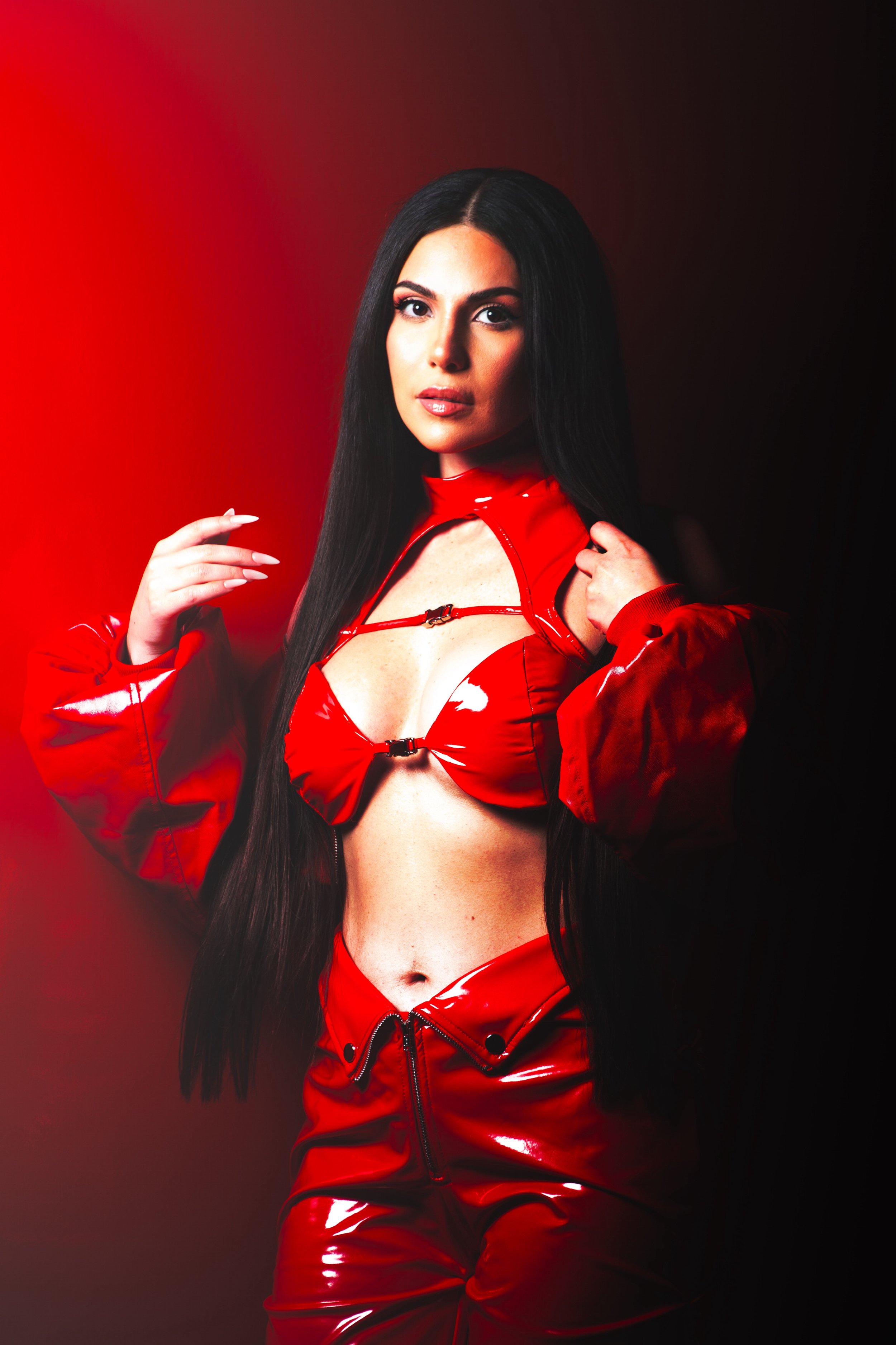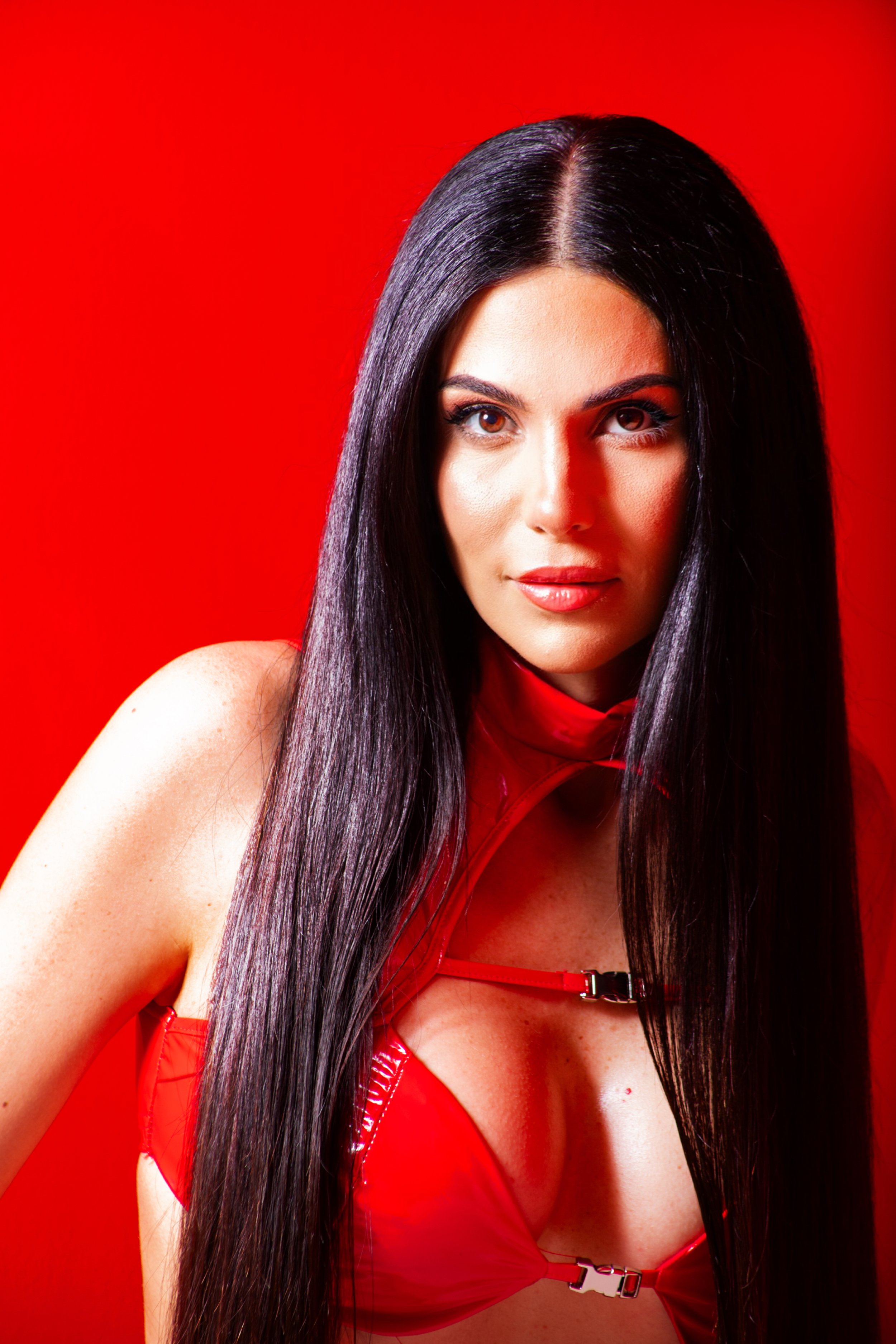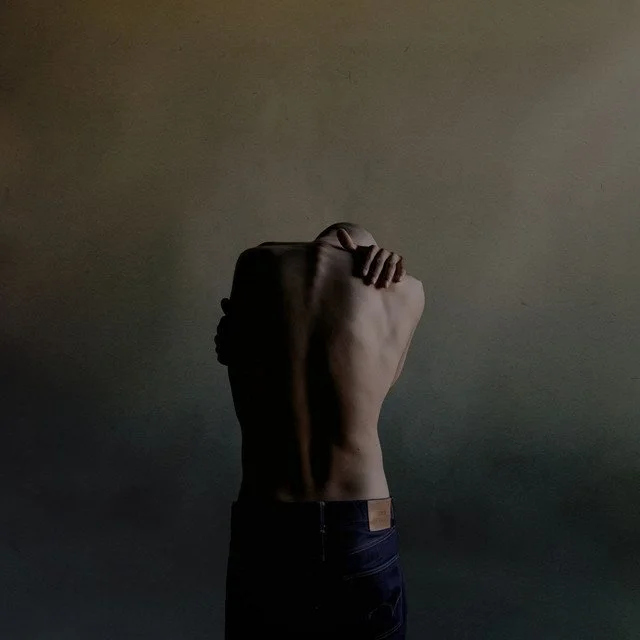Chrissy Spratt Melds Afrobeats Flair and R&B Candor in “In Too Deep,” a Luxe Confession of Desire and Regret
Fluorescent city lights taste like bergamot when Chrissy Spratt’s “In Too Deep” oozes through headphones, its Afrobeats latté froth swirling into contemporary-R&B espresso. The Toronto chanteuse narrates the slippery calculus of desire—multiplying temptations, subtracting gratitude—over rubbery bass and rim-shot syncopation that mimic Instagram’s infinite scroll. Her velvet mezzo glides across airy synth pads, leaning forward on each triplicate “deep” like a confession smuggled through nightclub haze. Spratt’s pen excels at sensory friction: Givenchy lenses, diamond hands, quicksand nights; such imagery anchors self-reproach in tactile decadence, rendering emotional bankruptcy painfully luxe.
The production shines, too, sneaking palm-wine guitar ghosts between 808 thumps, crafting a sonic hammock equal parts Lagos veranda and downtown loft. Yet polish is double-edged; grooves remain so impeccably quantised that the yearning feels somewhat curated, a museum piece of heartbreak rather than a sweaty artifact. A slight harmonic detour—perhaps a minor-key bridge—could have deepened the descent.
Lyrically, the hook’s relentless repetition brands the psyche like neon, though its sheer frequency risks eroding nuance; listeners might crave an alternate vista beyond the hypnotic mantra. Still, when Spratt admits “Me plus my emotions, they subtract us,” the arithmetic hits with spreadsheet clarity, summarising modern relational math in a single bar.
Ultimately, “In Too Deep” functions like artisanal gelato spiked with chili: smooth, cooling, then unexpectedly incendiary. It seduces with groove, educates with regret, and leaves a mild sting that invites another indulgent spoonful—proof that self-reflection can dance as persuasively as it laments. Replay button becomes a confession booth on repeat.
Enjoyed the read? Consider showing your support by leaving a tip for the writer
TRENDING NOW
CONNECT WITH US
FEATURED


















I heard a rumor that gravity once composed a lullaby for stones in freefall; Indie Rock Band The Knockaround Band splashes that myth across phosphorescent speakers with “Waterfall.” American to its marrow, yet borderless in intent, this pop‑rock torrent…